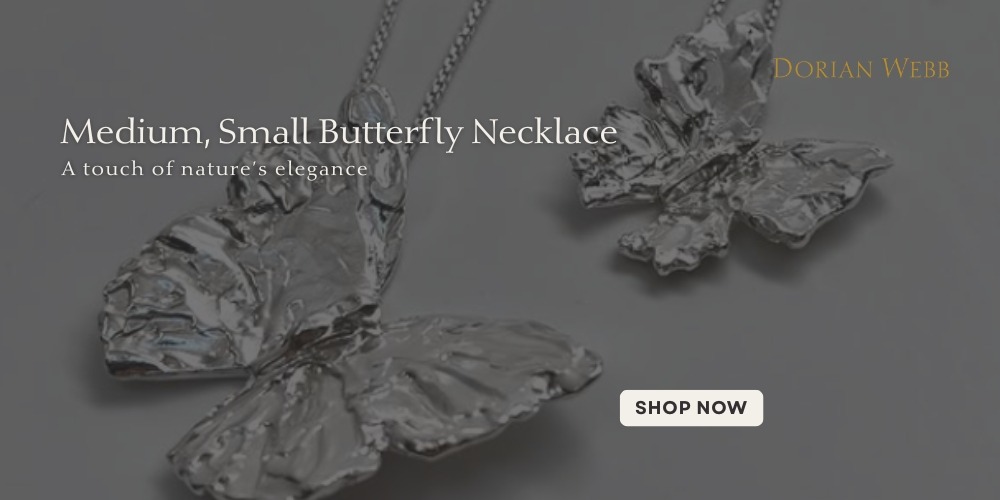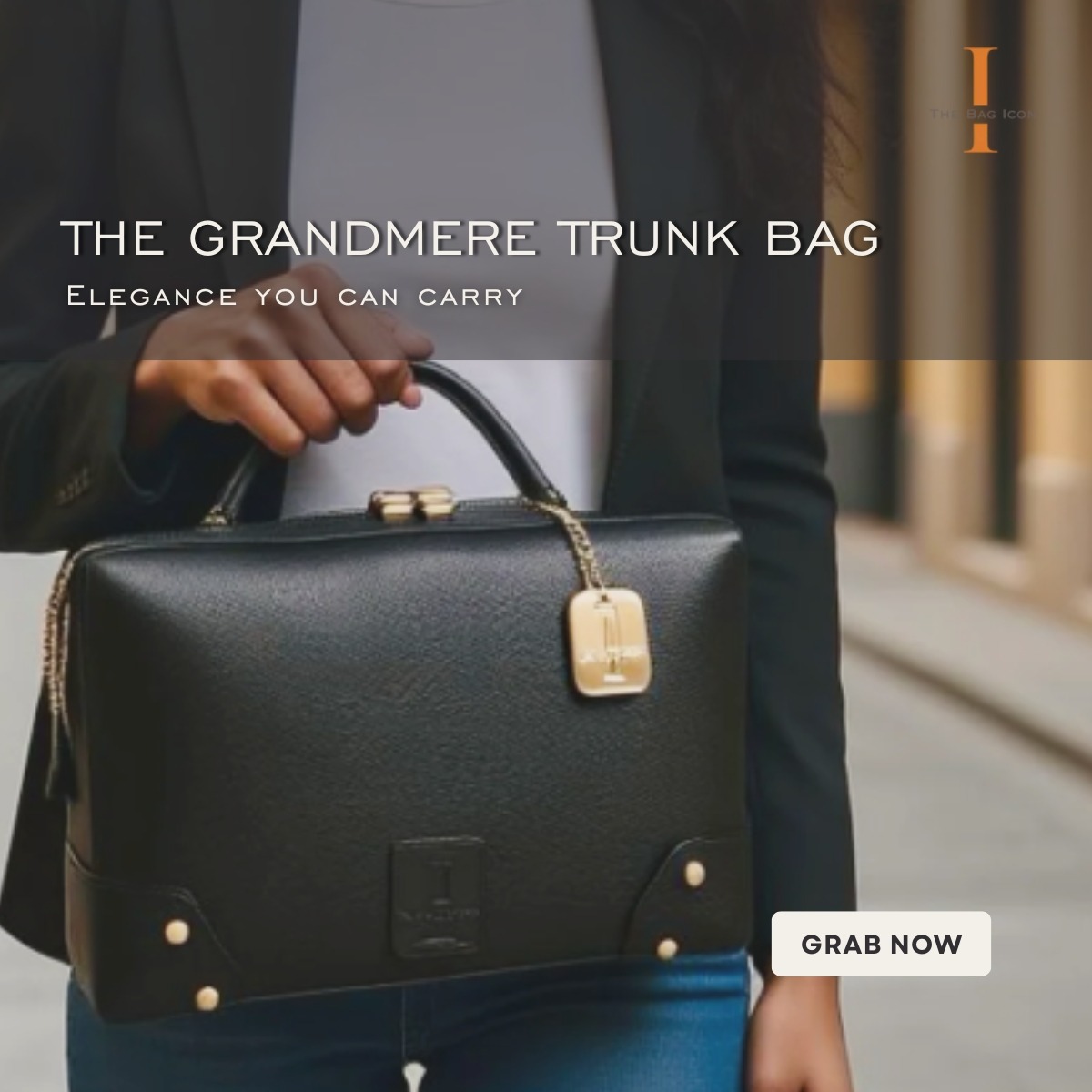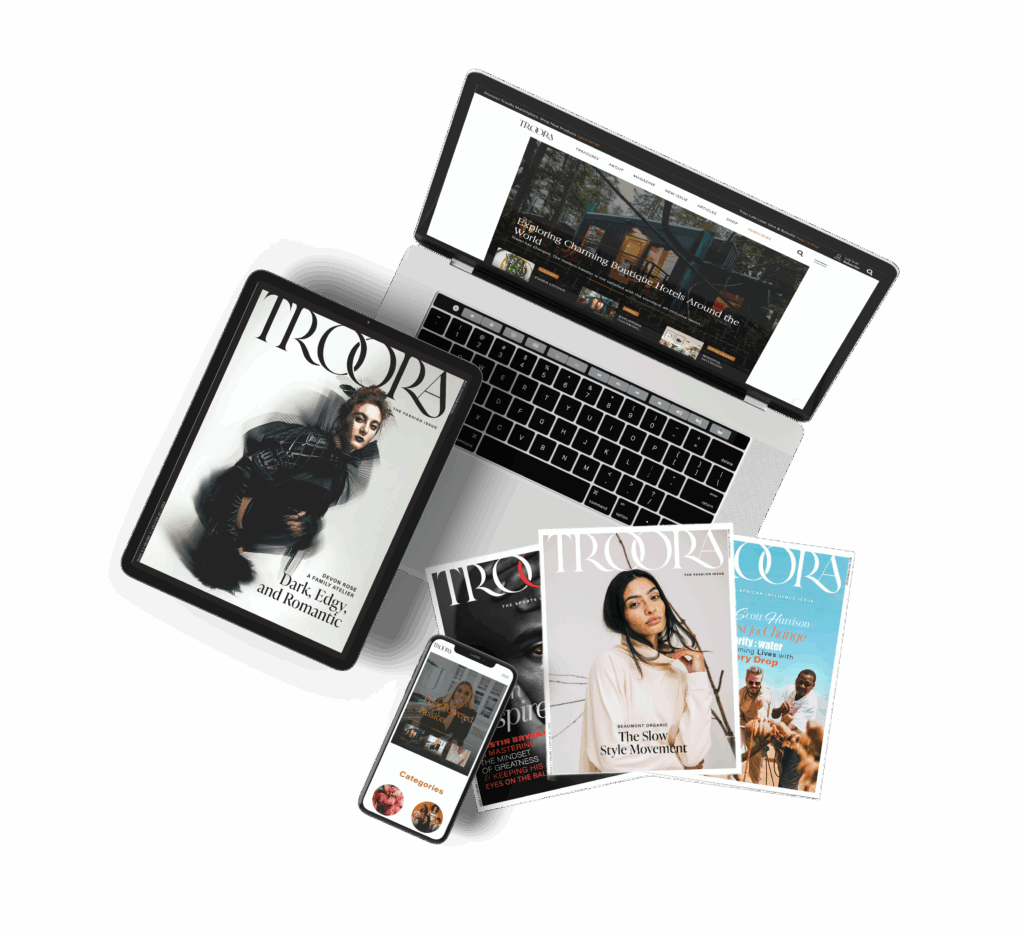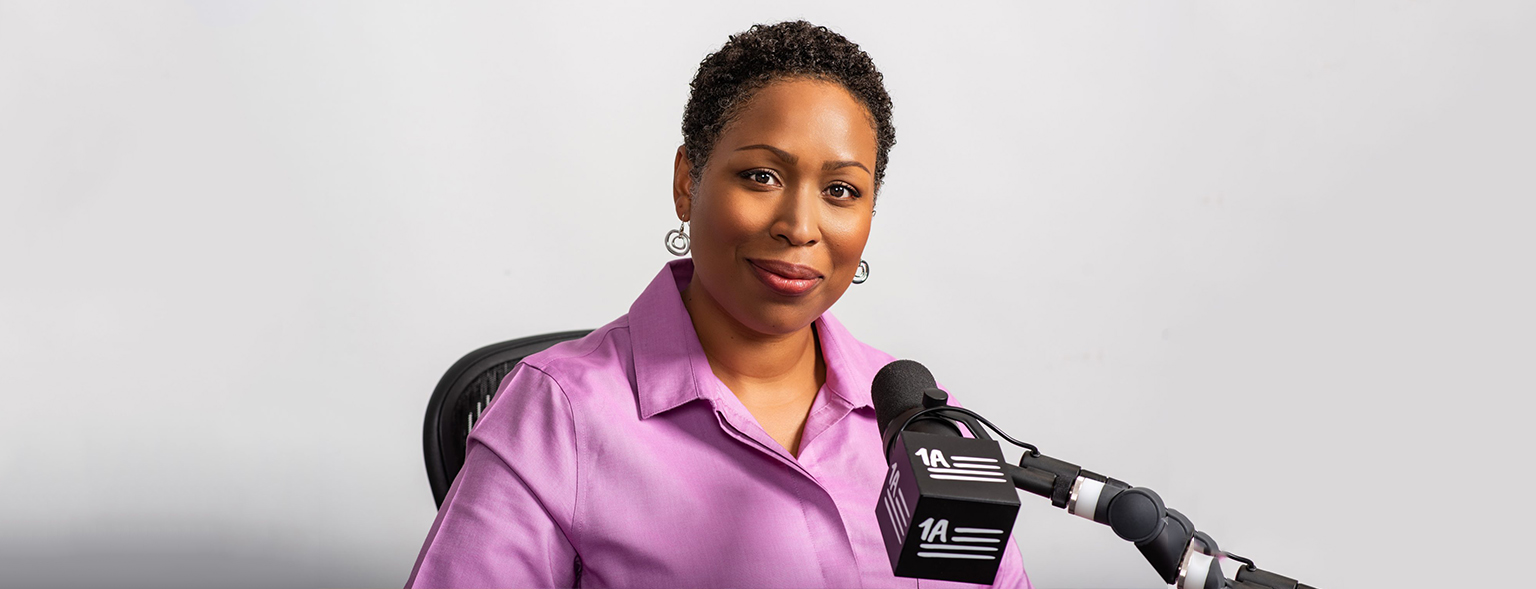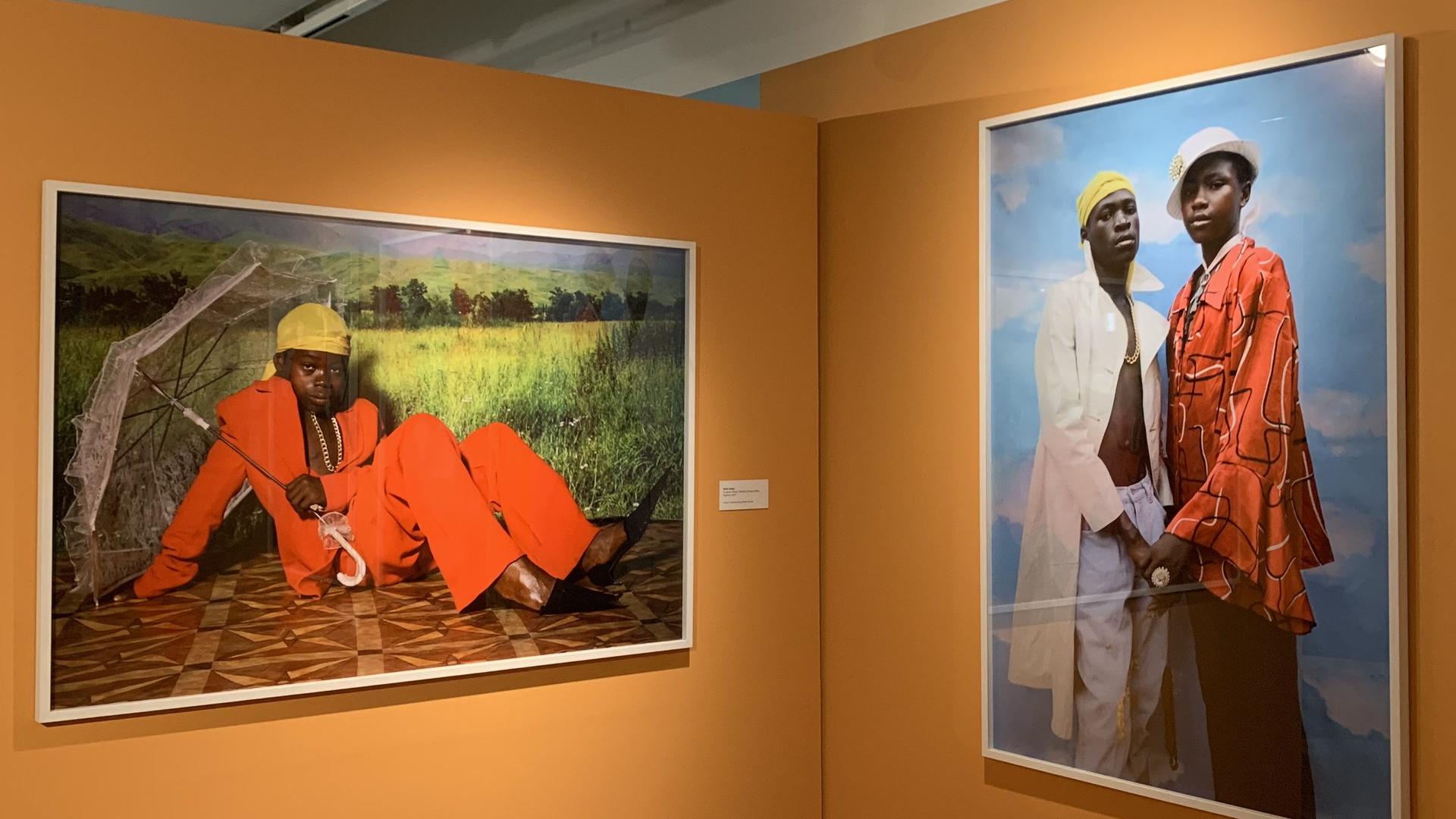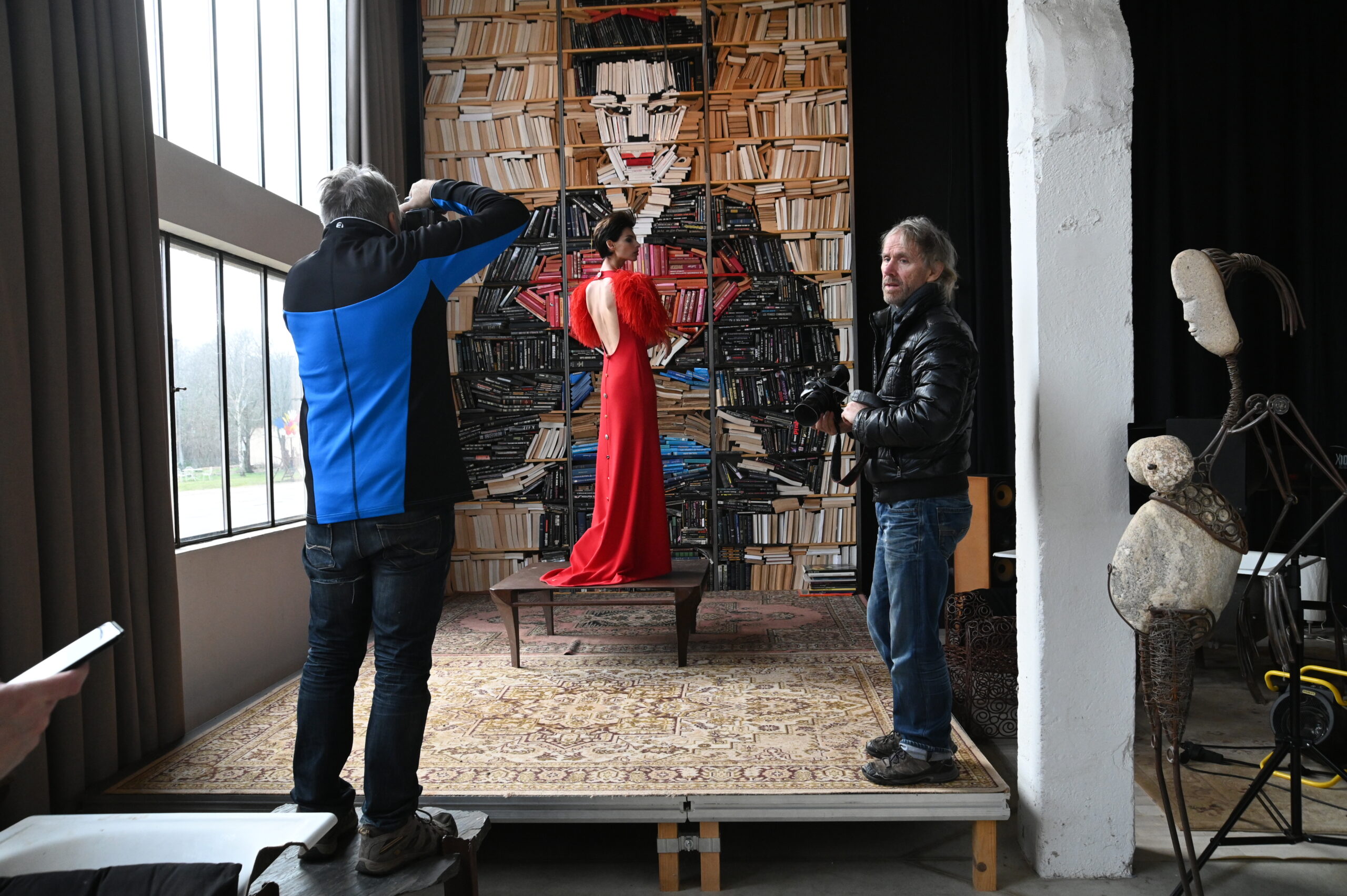Before the read
She is a radio presenter shaping national conversations through public radio and thoughtful storytelling.
She champions truth, trust, and transparency in a time of growing skepticism about the news.
By spotlighting Black culture and history while restoring faith in fact-checked reporting.
Jenn White: The Radio Presenter Asking America "What It Wants to Be"
Throughout her career as a radio presenter, Jenn White has defended journalism as a pillar of democracy. “A free society requires a free press to put a check on abuses of power,” she said in a 2024 TED Talk. At the same time, she warned, “Journalism requires a free society where we can pursue the truth and share what we learn without fear of reprisal. Each needs the other.”
Her words ring especially true in an era of declining trust in the media. Today, only 31 percent of Americans express confidence in news organizations. Meanwhile, misinformation spreads unchecked, and the internet is filled with fabricated narratives that serve unspoken political and ideological agendas. White believes the solution is clear: more than ever, people need reliable, fact-checked journalism they can trust.
But with information coming at us from all sides, where should we look? White hopes 1A can be that place.

Looking Beyond the Headlines
NPR’s radio show “1A,” which airs every weekday from 10 a.m. to 12 p.m. ET, is named after the First Amendment, which protects freedom of speech from government interference. Launched in 2017, the show was designed to go beyond surface-level news coverage, offering in-depth discussions on the biggest stories of the day. Experts analyze current events, but the show also extends the dialogue beyond the newsroom by incorporating listener comments and questions.
White took over as host in 2020, stepping into a role that allowed her to push conversations beyond headlines and sound bites.
“I want 1A to be a place where America asks itself what it wants to be,” she said in her 2024 TED Talk. It’s a mission that appears increasingly urgent in a divided nation. White cites events like the 2017 Charlottesville rally and the January 6th Capitol attack as highlighting the stark contrasts in how Americans view progress and democracy.
“Progress means becoming more like the country we aspire to be,” she said. “But we seem deeply divided on what exactly that is.”
When Progress Was Possible
White herself has a very clear idea of what this country should look like. It should be a place where people know things can get better for their children and the generations that follow.
Her father was born in 1938 in Macon, Georgia, to sharecroppers. After contracting polio as a child, he was sent to a hospital miles from home. He returned with a limp, and the only school available to Black children at the time was too far for him to walk.
His mother was aware that, with his disability, he would struggle to earn money with manual labor jobs. An education was essential. So, she moved the family to Detroit after learning about a school for children with disabilities there.
White’s father trained as a drafter, but in the early 1960s, Detroit’s car industry still barred Black workers from White-collar jobs. The passage of the Civil Rights Act in 1964 changed that, and he became one of General Motors’s first Black drafters.
“In the span of a single generation, my family’s story was rewritten in so many ways,” White reflected. This was only possible due to policies making education and economic opportunities available to everyone.
She told the TED Talk audience: “The simple fact is, I would not be on this stage talking about democracy if the power of democracy hadn’t been applied in creating greater equality for those of us to whom it had been previously denied. Our story shows what can happen at the intersection of choice, policy, and strong institutions. It shows that within a vibrant democracy, change is possible.”
Jenn White’s Contributions to Black Culture
While her family history certainly inspired her worldview, White relates her calling as a journalist to a more mundane event. When she was sixteen, she overheard her sister listening to NPR’s “Car Talk.” “Two crazy guys talking about cars,” she recalled. “I thought it was fascinating and hilarious.”
That moment planted the seed for her future in public radio, a medium she sees as ideal for in-depth storytelling and critical discussion.
Before joining “1A,” White built her career at Chicago’s WBEZ, where she hosted “The Morning Shift” and “Reset with Jenn White.” There, she routinely addressed complex issues affecting marginalized communities. In 2018, she co-produced “16 Shots,” a podcast investigating the murder of Laquan McDonald and the troubled relationship between the Chicago Police Department and the Black community.
In addition to examining the challenges faced by people of color, White also sought to spotlight Black celebrities. She hosted “Making Oprah,” a widely acclaimed documentary podcast chronicling Oprah Winfrey’s rise and developed “Making Beyonce,” as well as another documentary about former President Barack Obama.
Restoring Trust in Journalism
At a time when skepticism toward the media is at an all-time high, White is vocal about the steps needed to rebuild trust. In a 2022 speech, she outlined three pillars of credibility: truth, trust, and transparency.
Media and journalists must first correct mistakes openly. “When the error is loud, the correction can’t be quiet,” she stated.
Second, she rejected false equivalency in journalism, repeating an old newsroom adage: “If someone says it’s raining, it’s not your job to find someone who says it’s not. It’s your job to open the door and check.”
Finally, she stressed the need for journalists to explain their reporting process to audiences. A better understanding of how the media works would help develop transparency and accountability. It would also contribute to media literacy, allowing people to judge the reliability of stories they encounter on social media.
Having such an acute awareness of the broader purpose of journalism is surely vertiginous at times. However, White shared a secret that helps her focus on her show, day in and day out. She tears a photo of a random person from a magazine and tapes it to her soundboard. That way, “I’m always only talking to one person,” she says.
Meanwhile, not one but 4.5 million people are listening as White provides thoughtful, transparent, and factual analysis of the issues of the day. Enough, perhaps, to spark real change.
More by this author
The Wrap
- Jenn White defends journalism as a pillar of democracy and accountability.
- Hosting NPR’s 1A, she creates space for deeper national conversations beyond headlines.
- Her family’s story illustrates how democracy and policy can transform lives across generations.
- Through documentaries like Making Oprah and 16 Shots, she amplifies Black culture and community voices.
- White’s approach emphasizes credibility in journalism through truth, trust, and transparency.
- She challenges media to correct mistakes loudly and reject false balance in reporting.
- With 4.5 million listeners, her work proves that authentic journalism can still build trust and inspire change.




